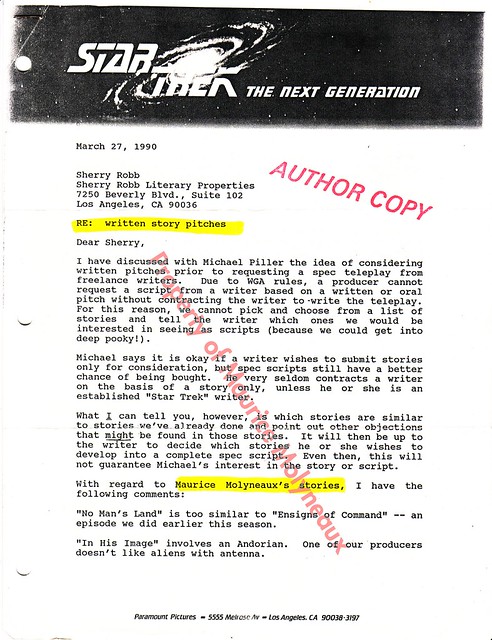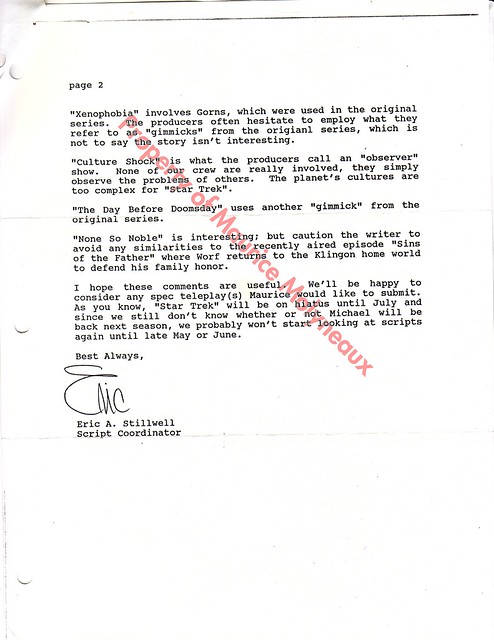Here's a great article about story structure and translating your idea for a film into an actual screenplay by Jen Grisanti, a former exec who cut her teeth at Spelling Productions and who went on to become one of the most respected and sought-after script consultants in Hollywood. She is currently an instructor NBC's Writing on the Verge program as well.
Story Structure: The Evolution Of An Idea Into A Script
That's great and concise advice.
One of the tricks I use when I get stuck is to change how I'm writing. I'll try something like just writing dialog and no screen directions, or writing what I want the dialogs to mean as opposed to the actual wording, or writing what the subtext is (the character is really saying, please don't go, but their words are masking that, etc.).
Another thing that works for me is to write scenes that don't belong in the script, just to get a feel for how the characters interact, like, "what would the conversation be like if they were stuck in traffic after a long day?" or "what would they do if they saw a mugging?" or whatever. It's a good way to figure out who the people are and how they react, which can in turn suggest things about how they might behave in the actual scenes in the script.




